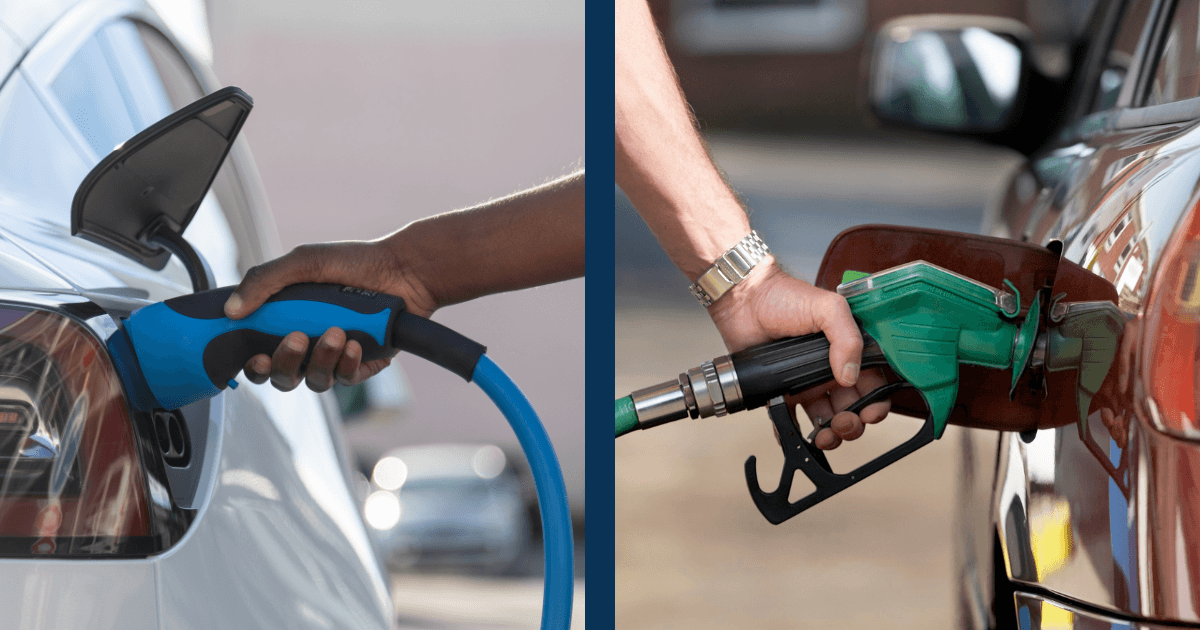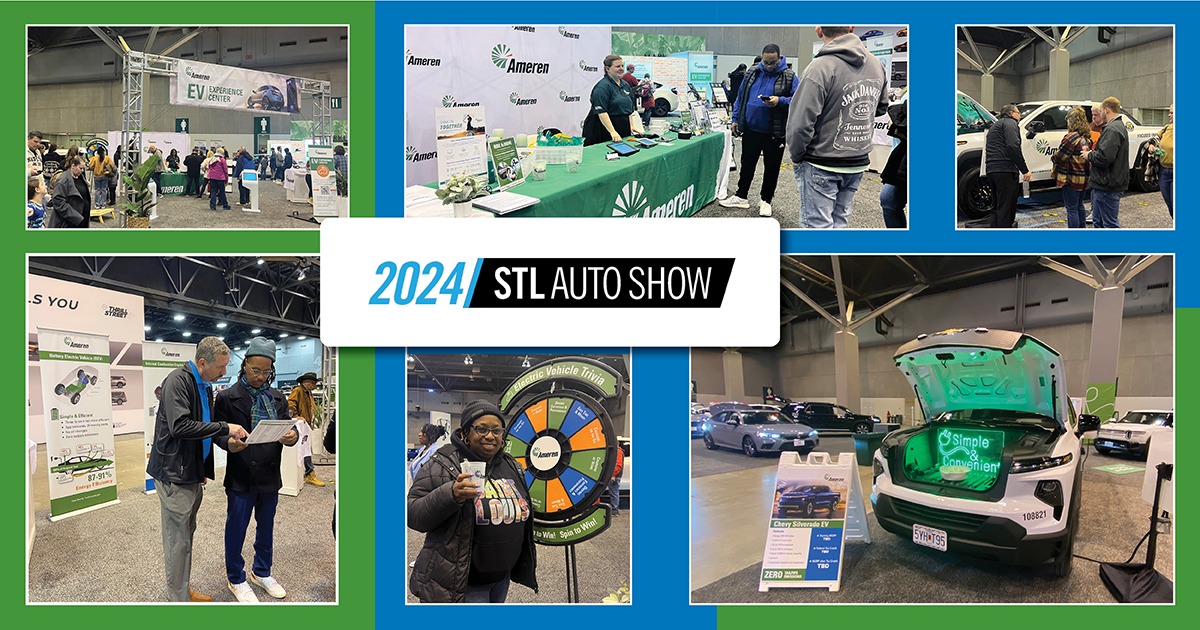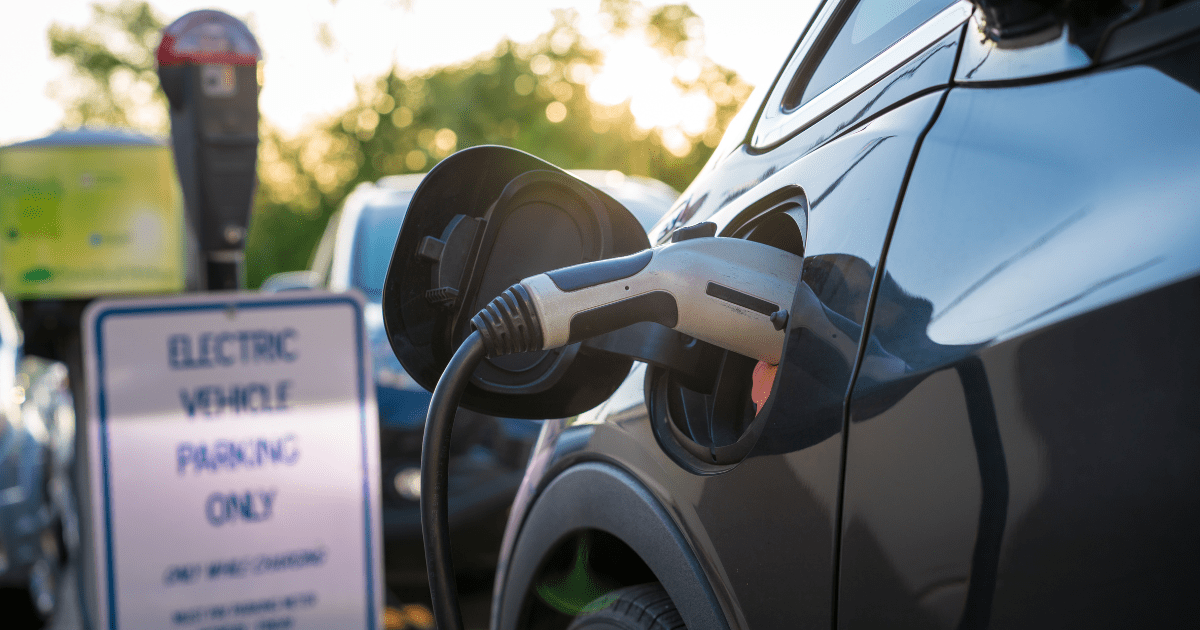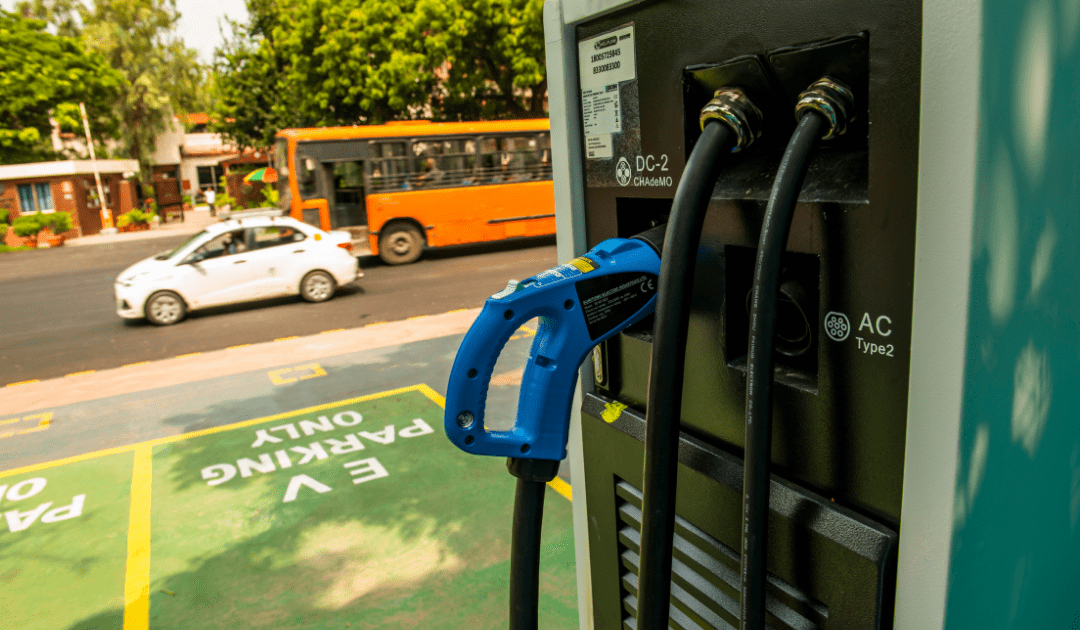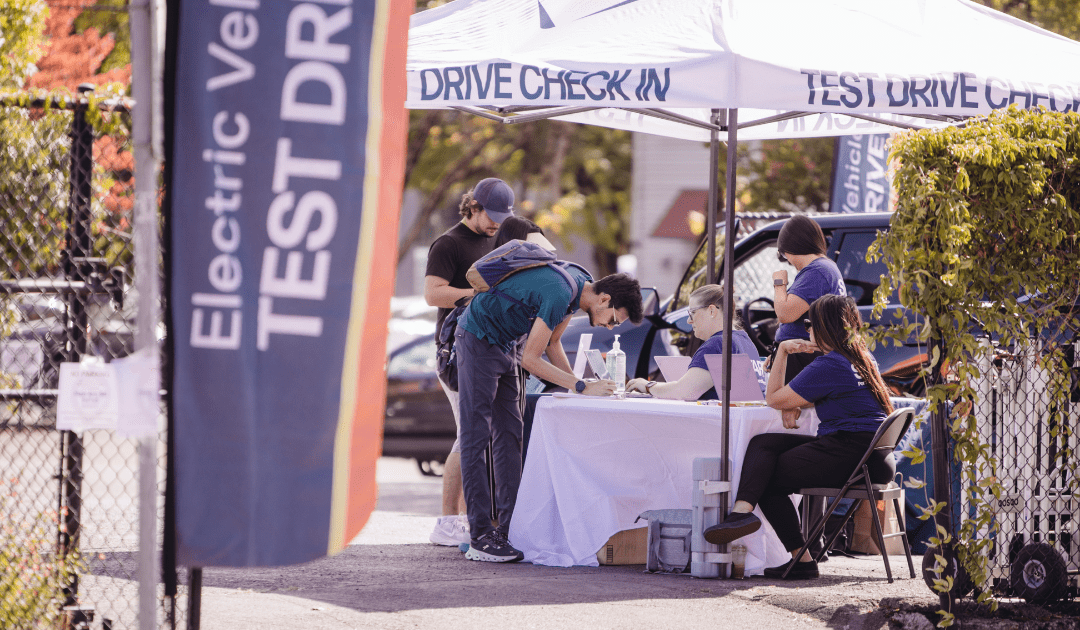For many, the interest in electric vehicles (EVs) is found in saving money on fuel. Individual savings found in refueling with electricity is a key message point for dealerships and others to help boost adoption. Recently, we have seen a renewed nationwide debate on whether driving electric saves money vs refueling with gas. In the article “Is it cheaper to refuel your EV battery or gas tank? We did the math in all 50 states.” Michael J. Coren explores the many nuances underlying operating costs for electric and internal combustion engine (ICE) vehicles. In the following, we’ll look specifically at his review of refueling costs across the country and his comparison of an EV and gas-powered vehicle on a road trip across six mid-country states.
Charging Savings Across the Country
In his article, Coren thoroughly analyzes EV costs to ICE vehicle costs holistically, addressing concerns about the overall costs of vehicle ownership, charging installation, and battery efficiency. But let’s focus on the direct price of electricity and gasoline over miles of travel. Or the impact of our driving habits on our wallets. The key variables that matter in these comparisons? Electricity rates by state, particularly related to the type of charging used by the driver.
Year after year, for almost a decade, the average cost to fuel an EV has been cheaper than a gas vehicle, with a general $629 savings from a 2018 study, an available 60% savings from a 2020 study, and specific savings across all 50 states with the up-to-date 2023 EV Fill Up Tool by Energy Innovation.
Coren supports his analysis in his tables and charts that conclude it is cheaper for the everyday American to refuel with electricity than gas in all 50 states. With the average fill-up savings from $14-80 depending on the state and vehicle class.
It’s important to note that EV models, like gas cars, vary in efficiency. Similar to ICE vehicles’ miles per gallon (MPG), EVs measure how many kilowatt-hours (kWh) of electricity a vehicle consumes per 100 miles (kWh/100). A lower kWh/100 rate is better!
What does this all mean when you take it on the road?
Refueling Costs On a Multiple State Road Trip
On his multi-state road trip, Coren compares the refueling cost of an EV and a gas-powered car. The vehicles had a similar energy conversion efficiency. He would have saved $100 if using L2 chargers (inconvenient for along the road). Ultimately though, the EV refuel cost was $27 more charging with direct current (DC) fast chargers, which would be the typical choice on a road trip. Some may jump to conclusions that EVs are, therefore, more expensive to refuel. However, those shopping for an electric vehicle should consider the following:
1. Gas prices fluctuate
Remember that gas prices can fluctuate radically while electricity prices are more stable. Economist Beia Spiller says, “With EVs, we [eradicate] this issue and provide much more independence and security [regarding] how we are getting our energy to power our cars.” Although DC fast chargers currently cost slightly more when driving an EV through the middle of the United States, that could easily change given oil price fluctuations.
2. Charging infrastructure growth
Public charging can be costly, but additional infrastructure and technology are on the way to lower charging times and prices. For the everyday driver in the United States, it’s already cheaper to refuel an EV most of the time. And it’s expected to get cheaper as even more infrastructure is built out.
REACH team member Erin Rathe’s experience with the same tri-state road trip just eight months apart shows how quickly EV charging infrastructure is increasing and improving.
3. Best EV model for your lifestyle
Like ICE vehicles, EVs offer a growing range of makes and models, with various fuel efficiency options (kWh/100) to consider. If you plan regular road trips, specific EV models might work better than others. Or if, like Coren’s example, you often travel through states with fewer EVs and low gas prices, consider a plug-in hybrid EV (PHEV) for now. A PHEV allows you to recharge or refill to fit your commuting or travel needs.
EV Benefits Beyond Saving Money on Fuel
Exploring the nuanced refueling costs of driving electric across the country confirms the positive impact of continued charging infrastructure build-out and vehicle efficiency improvements. Beyond saving money for EV drivers, there are other benefits to energy and society. Improving air quality and driving local job growth will improve the health of communities. Grid resiliency and optimizing energy storage systems to support the use of renewable energy will add to the security and sustainability of our energy landscape. These broader impacts of shifting to EVs, making our energy systems serve us better, at lower costs, and with higher reliability, will have valuable implications for our way of living. We’ll pick that topic up in a future post!

